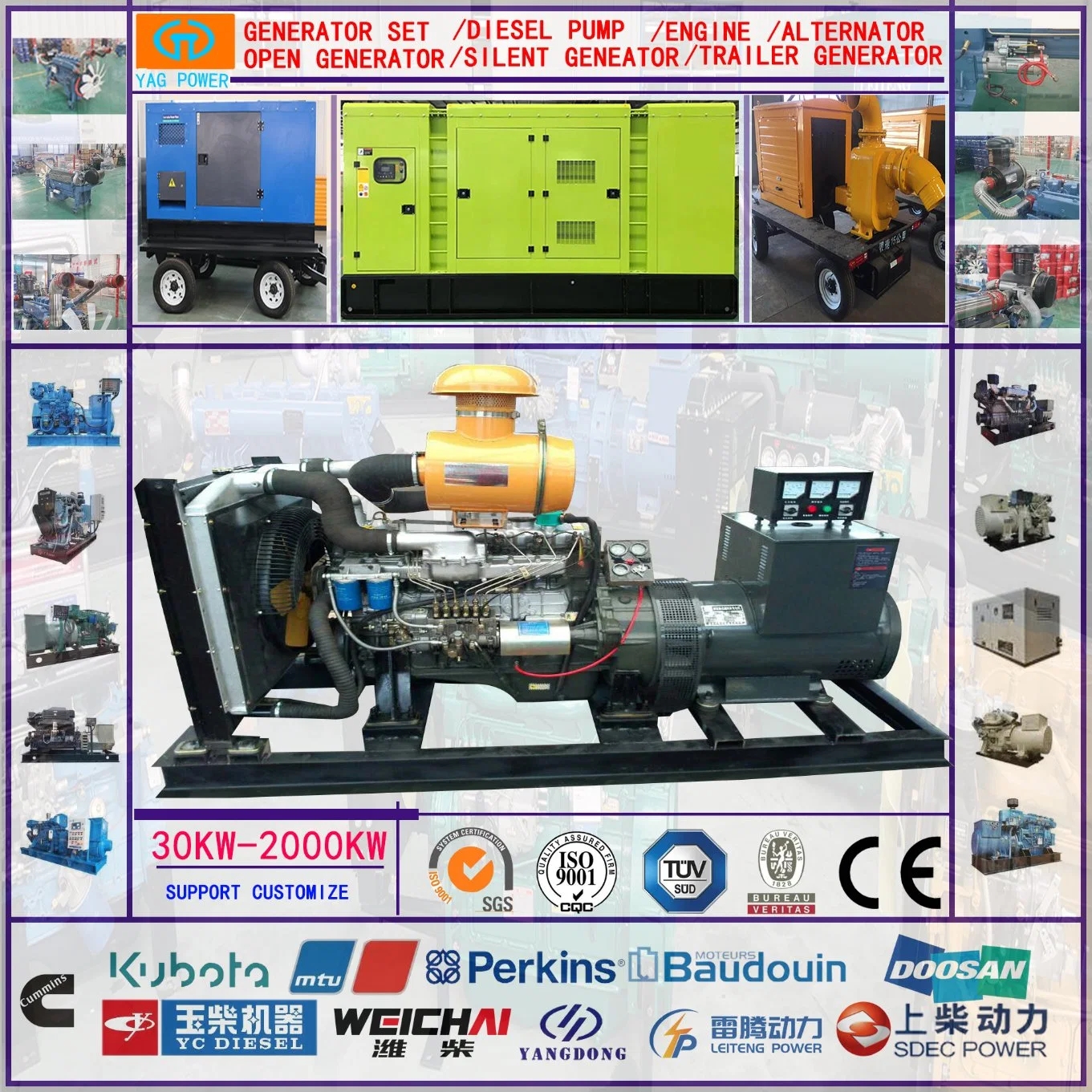Introduction
Diesel generators are essential power sources used in various applications, including industrial, commercial, and residential settings. These generators provide a reliable source of electricity during power outages or in remote locations where grid power is unavailable. One critical aspect of operating a diesel generator efficiently is managing the fuel supply effectively. Proper fuel management not only ensures the uninterrupted operation of the generator but also helps in improving fuel efficiency and reducing operational costs. In this comprehensive guide, we will explore the importance of fuel management for diesel generators, key strategies for effective fuel management, and best practices to optimize fuel usage.
Importance of Fuel Management for Diesel Generators
Fuel is the lifeblood of a diesel generator, providing the energy needed to power the engine and generate electricity. Effective fuel management is crucial for maintaining the reliability and performance of the generator system. Here are some key reasons why fuel management is essential for diesel generators:
1. Reliability: Ensuring a consistent and reliable fuel supply is essential to prevent unexpected downtime of the generator. Running out of fuel during a power outage can lead to disruptions in critical operations and incur significant costs.
2. 300kw diesel generator : Proper fuel management can optimize the performance of the diesel generator, ensuring efficient operation and maximum power output. Maintaining clean fuel and monitoring fuel quality can help prevent engine issues and ensure smooth operation.
3. Cost Efficiency: Efficient fuel management practices can help reduce operational costs associated with fuel consumption. By monitoring fuel usage, identifying inefficiencies, and implementing fuel-saving measures, organizations can achieve cost savings and improve overall efficiency.
4. Environmental Impact: Proper fuel management can also have a positive impact on the environment by reducing fuel waste and emissions. By optimizing fuel consumption and minimizing fuel spillage, organizations can contribute to environmental sustainability.
Key Strategies for Effective Fuel Management

To ensure the optimal performance and reliability of a diesel generator, it is essential to implement effective fuel management strategies. Here are some key strategies for managing fuel effectively in diesel generators:
1. Fuel Quality Monitoring: Monitoring the quality of fuel is crucial to prevent contamination and ensure the proper functioning of the generator engine. Regular fuel testing and analysis can help identify any issues with fuel quality and take corrective actions.
2. Fuel Storage and Handling: Proper storage and handling of fuel are essential to maintain its quality and integrity. Fuel should be stored in clean, dry, and well-ventilated tanks to prevent contamination and degradation. Regular inspection of fuel storage tanks and filtration systems is necessary to ensure fuel quality.
3. Fuel Consumption Monitoring: Tracking fuel consumption is vital for understanding the operational efficiency of the generator and identifying any anomalies or inefficiencies. Monitoring fuel usage over time can help in optimizing fuel delivery schedules and detecting any sudden changes in consumption patterns.
4. Preventive Maintenance: Regular maintenance of the generator system, including fuel filters, injectors, and fuel lines, is essential to prevent issues related to fuel delivery and combustion. Scheduled maintenance checks can help identify and address potential fuel-related problems before they escalate.
5. Fuel Efficiency Measures: Implementing fuel-saving measures, such as load management, using energy-efficient equipment, and optimizing generator runtime, can help reduce fuel consumption and operating costs. Proper sizing of the generator based on the load demand can also improve fuel efficiency.
Best Practices for Optimizing Fuel Usage
In addition to implementing key fuel management strategies, there are several best practices that can help optimize fuel usage in diesel generators. These practices focus on maximizing fuel efficiency, minimizing waste, and ensuring the reliable operation of the generator system. Here are some best practices for optimizing fuel usage:
1. Regular Fuel Inspections: Conduct regular inspections of fuel storage tanks, fuel lines, and filters to check for any signs of contamination or degradation. Remove any water or sediment from the fuel tanks and replace clogged filters to maintain fuel quality.
2. Fuel Filtration: Use high-quality fuel filtration systems to remove impurities and contaminants from the fuel before it reaches the engine. Clean fuel filters help prevent engine damage and improve combustion efficiency, leading to lower fuel consumption.
3. Fuel Additives: Consider using fuel additives that can improve the overall quality of the fuel and enhance engine performance. Additives such as stabilizers, lubricants, and anti-oxidants can help protect the engine components and prolong the life of the generator.
4. Fuel Monitoring Systems: Install fuel monitoring systems that provide real-time data on fuel levels, consumption rates, and storage conditions. These systems help in tracking fuel usage, detecting leaks or theft, and optimizing fuel delivery schedules.
5. Fuel Management Software: Utilize fuel management software to track fuel inventory, monitor consumption trends, and generate reports on fuel usage. This software can help in analyzing fuel data, identifying areas for improvement, and optimizing fuel management strategies.
6. Training and Education: Provide training to operators and maintenance personnel on proper fuel management practices, including fuel handling, storage, and maintenance. Educating staff on fuel safety protocols and best practices can help prevent fuel-related incidents and ensure the efficient operation of the generator.
Conclusion
Effective fuel management is essential for maintaining the reliability, performance, and cost efficiency of diesel generators. By implementing key fuel management strategies, such as monitoring fuel quality, optimizing fuel consumption, and practicing best fuel management practices, organizations can ensure the uninterrupted operation of their generator systems. By following these guidelines and incorporating fuel-saving measures, businesses can achieve significant cost savings, reduce environmental impact, and enhance the overall efficiency of their diesel generator operations. Investing in proper fuel management is not only a prudent business decision but also a critical step towards ensuring a reliable and sustainable power supply for various applications.
